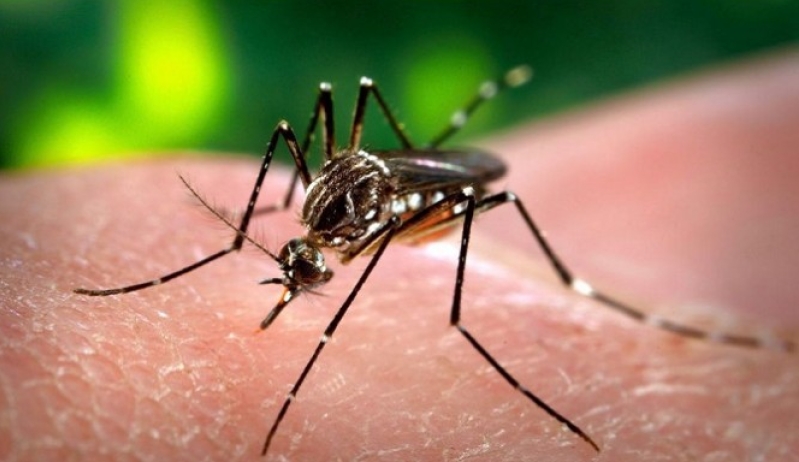
Using an innovative gene-manipulating technique, scientists have found a way to decrease the number of the global mortality rate of malaria disease. The new breed of mosquitoes is now capable of killing malaria parasite inside their bodies.
For the first time in history, scientists have armed these malaria-killing mosquitoes with another genetic ability. After several experiments, the mosquitoes can now pass their disease-destroying genes to another mosquito at the rate of 99.5 percent.
According to Ethan Bier from UC San Diego, if there are 100 million mosquitoes in an environment, and they released 1 million genetically modified mosquitoes in the same area, the malaria-killing gene could be spread throughout the entire population of mosquitoes in just one season. Bier is also one of the scientists who developed the malaria-resistant mosquitoes.
Scientists from the University of California Irvine (UCI) helped Bier and his team to modify the mosquitoes. UCI's Anthony A. James found a way to splice a gene that helps the mosquito to pump out antibodies against the parasite while Bier's team created a method to perpetuate the gene to the future generation of mosquitoes-- at the rate of 99.5 percent.
In 2012, the mosquitoes could only pass on their malaria-resistant genes by as much as 50 percent. At that rate, it would take a long time for the mosquitoes to spread the gene while thousands of people die due to malaria.
"It had to be better than that," James said in a published report from LA times.
The latest strategy was an appealing choice for conservationists. Some scientists proposed that they should kill the entire species of mosquitoes to stop the spread of malaria. Fortunately, James' approach was softer and do not harm the mosquitoes.
It is also better for the environment, according to Gregory Lanzaro of UC Davis, who is an expert on how diseases spread through insects. He explained that if the mosquitoes were wiped out, it could create more harmful pests that could destroy the ecosystem.
The latest study was published this week in the journal Proceedings of the National Academy of Sciences.
Malaria parasite exploits the mobile and blood-feeding mosquito as its transportation. As the mosquitoes bite its victim, it passes malaria to more fertile host. Malaria spreads quickly and can spew out more progeny.
According to World Health Organization, more than 3.2 billion people - nearly half of the world's population - are at risk of malaria. Moreover, the disease kills over 600,000 people every year.







